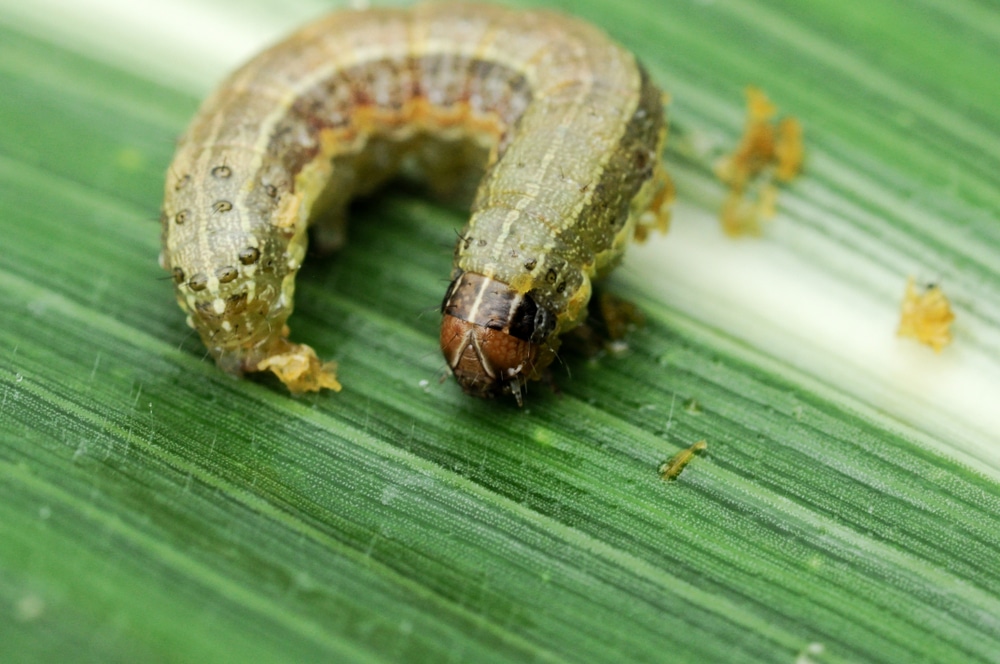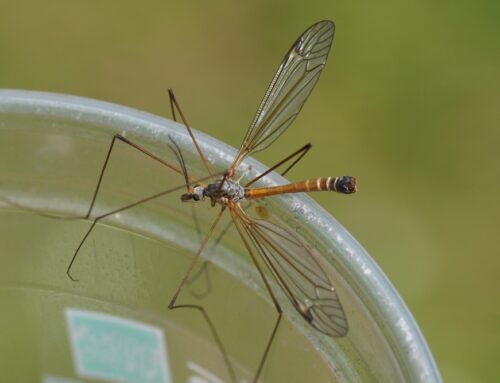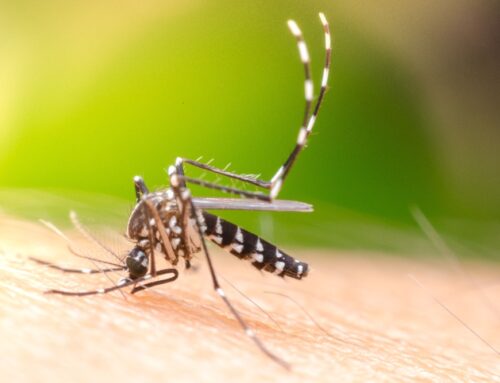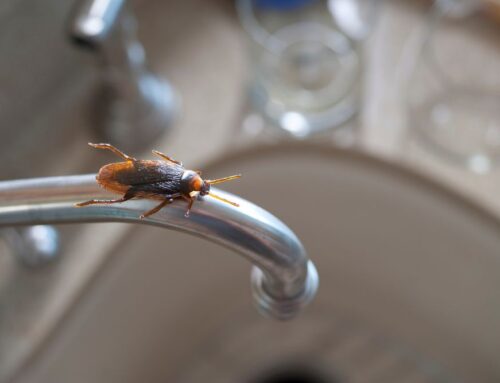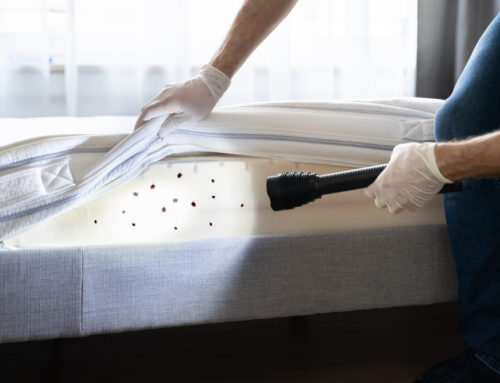Lawn maintenance is no easy task, especially for beginners. Aside from fertilizing, mowing, and watering the grass regularly, you have to deal with weeds, pests, and digging pets to keep your lawn in top shape.
While weeds and digging pets are easily controllable, pests are unpredictable, and they can come when you least expect them. Without proper pest control, these destructive creatures can wreak havoc on your lawn, leaving your landscaping in ruins.
In this post, we discuss five common and uncommon pests that can mess up your lawn and how to treat and prevent them.
Mole Crickets
Mole crickets are moderately sized insects common in the southeastern United States. They are greyish brown like their cricket cousins, and they prefer to reside in moist or overwatered places with thick patches of undecomposed grass.
Mole crickets might seem harmless, but the destruction they can cause to your lawn is unexplainable. First, they feed predominantly on grass, roots, and other plants, meaning your yard won’t be safe in case of an infestation. Moreover, they have long, spade-like legs, which they use to create deep burrows in your garden where they hide and lay their eggs.
You will know the arrival of these uninvited guests when you spot small mounds of soil along with deep burrows all over your lawn. You will also notice patches of brown or dead grass on your turf.
The easiest way to get rid of mole crickets is to add two tablespoons of liquid dishwashing soap to a gallon of water and spray it all over your lawn. The soapy solution will force them out, and you can then use various appropriate insecticides to eliminate them.
Armyworms
Armyworms are not anything new. They rank highly among the most destructive garden pests. If not eliminated promptly, they can clear an entire plantation within weeks.
Identifying an armyworm in your lawn is easy. They have very smooth skins and are 1 to 2 inches long. When allowed to develop fully into adulthood, the armyworm will turn into a brown moth within a few weeks.
Armyworms feed on long grass, stems, and grassy weeds. They also hide and lay their eggs in unkempt lawns and gardens. If you want to keep them away, consider mowing the grass to expose the pests to natural predators.
Chinch Bugs
Chinch bugs are tiny insects that are hard to spot due to their camouflaged colors. They are black, but some species have white wings or white stripes across their bodies.
Like other pests on this list, chinch bugs feed predominantly on grass. They usually invade lawns maintained using fertilizers due to the high nitrogen concentration. So, if you want to apply fertilizer to your yard, do so in moderation.
The only relief is that chinch bugs only appear from June to September, making them easy to manage. You can use various insecticides to get rid of them before they destroy your lawn.
Moles
Moles do not eat grass, but they can cause great destruction to your lawn with their burrowing activities. They usually feed on insects, ants, grubs, earthworms, and mole crickets that are a familiar presence in most yards. Since they have poor vision, moles rely on their olfactory senses and can smell food from miles away.
Getting rid of moles may be challenging since they are only active early in the morning and late in the evening. You can set up traps or baits to capture them or remove food sources to keep them away.
Grubs
Grubs are simply worm-like beetles. They are the larvae of various types of beetles, ranging from the Japanese beetle to the June Beetles. Their color also varies from white to brown, depending on their habitat.
If beetles are not destructive enough to crops and gardens, wait until grubs invade your lawn. These worm-like insects find healthy, thick grass tasty, and they often feed on the roots for survival after hatching from their eggs before they develop into pupae. The higher the concentration of grubs, the more the destruction.
Signs of grubs include wilted grass blades, brown-colored patches, and dead grass. To address this problem, you can add nematodes to your garden to kill the grubs. You can also kill them using various chemical pesticides.
Professional Lawn Care and Pest Control
Pest control is an integral part of lawn care and maintenance. If you want to see your lawn, flower gardens, and overall landscaping flourish, consider taking urgent steps to prevent and eliminate pests from your home.
The good news is that a local lawn care company near you can help prevent and eliminate marauding pests from your compound. Take the next step and hire a professional to handle your lawn care and pest control needs.

